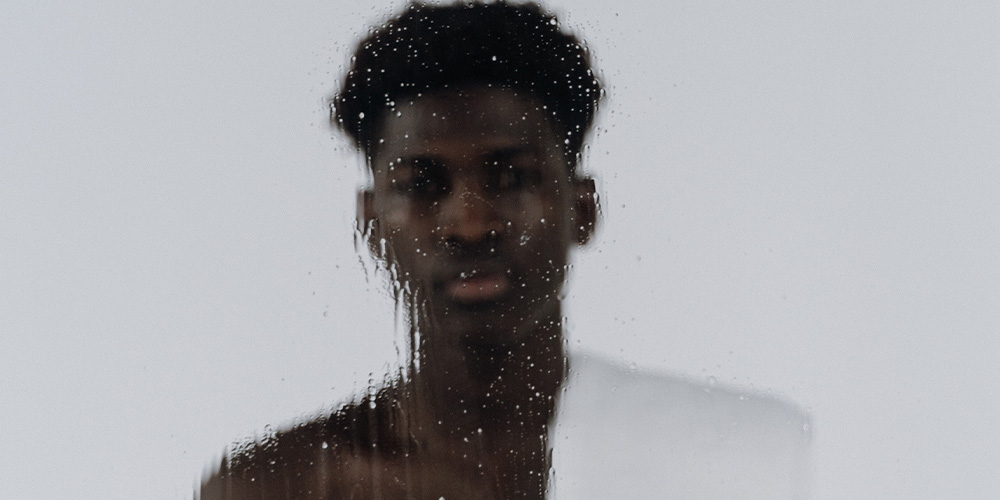Written by Gbemi Trabaye
It was late in the evening, and I couldn’t have been older than seven – the show “Cheaters”, an American weekly syndicated television series was on, and for some reason – I loved watching it! Whether or not this was appropriate content for a seven year old is a conversation that you’ll have to take up with my parents, but nonetheless, it was on.
On this particular night, they were arguing, quite loudly if I may add, but that wasn’t out of the norm. I cannot recall the exact cause of their disagreement, but it was heated. Our family home at the time was interestingly architected – it was small, but spacious, uniquely designed to ensure that two people could be anywhere in the house and have a full-blown conversation without needing to shout.
As I write this, I can vividly recall the anxiety that I felt on that night. It was paralysing, to some degree – it still is. A feeling of hopelessness – sadness. As they argued in the dining room, another couple also argued on the show – and before I knew it – my father struck my mother, and she fell to the ground. She laid there – in agonising pain. The events that followed are very difficult to write about, so I’ll pause there for now.
This memory has remained stuck with me for years, and this is actually the first time I’ll ever be writing about it. Personally, I reference that specific night as the day that everything changed for me. Innocence was taken away – my “youthful energy” quickly turned into anger and aggression – and my very complicated relationship with my father would begin.
My parents are both Nigerian, and I’m the youngest of four siblings – the “baby of the house” – and certainly the one that received the most attention. Growing up, romantical expressions of affection amongst my parents were very unusual. On the most random occasion, i.e. their anniversary – they would share a kiss, but it was clearly staged – pretentious, from my father’s side at least.
As a young boy seeing this – I assumed that this was the norm. “Older people just don’t show affection like that” – is what I’d tell myself as a form of justification, but I always knew that couldn’t be the case. My beliefs would be affirmed on the day that I discovered “The Fresh Prince of Bel Air”. This is another day that I vividly remember, but it’s a happier memory. For the first time in my life, I saw a black couple on television that were madly in-love – they never shouted, rarely argued – and always laughed. Uncle Phil and Aunt Viv would become my barometer – they were the perfection depiction of black love – gentle, calm, “happy”. As I reflect now, this show was an escape for me – and I would go on to do everything in my power to replicate this in all my romantic relationships. I told myself that I’d always be high
energy – the entertainer – the amuser, and that any woman that was crazy enough to be in a relationship with me would spend 90% of her time laughing – smiling. On the surface, this sounds extremely sweet – I mean, who wouldn’t want to be in a perpetual love story filled with moments of joy and laughter?
Here’s the thing though, I’m a pathological avoider of conflict, and I’m honest enough to admit that. To prevent myself from ever feeling the way I did night way back in 2006/07 – I sweep things under the carpet, avoiding arguments, and oftentimes – using humour as a way to ease the tension in a room. This has aided me a number of times, but also lead to an accumulation of bottled up emotions, unenforced boundaries and several misunderstandings.
I identified this pattern quite early on in my life, and it did not confine itself to my romantic relationships alone – it seeped into every facet of my life. Humour, performance, playfulness became the outlet – the escape – the mitigator. The desire to please, not born of inadequacy or insecurity, but of quiet yearning to avoid.
It took me weeks to write this piece, because for the first time ever – not only have I been forced to confront these emotions, but I’ve also undertaken the task of writing about them.
What’s the lesson to be learnt? To be quite frank – none. The truth is, there are scars that live with one forever. You could choose to let it destroy you, or morph it into something beautiful.
The alchemy of turning darkness into beauty. Personally, it is an ongoing and upward battle – learning to reconcile a difficult upbringing with the promise of a beautiful future.
Writing this piece has been a form of release and rediscovery for me, in-fact – all the pieces in this series. Childhood scars don’t vanish – they evolve, constantly shaping the way we connect, engage and learn. My experience, although rather short, has taught me that there is no clean lesson, just choices. A choice to let it harden you, or to let it soften you.
For me, I pick the latter, with full understanding of the drawbacks of such choices. Through patience, love and laughter – I’ve found a place of peace in my mind. The goal is never perfection, simply evolution.







